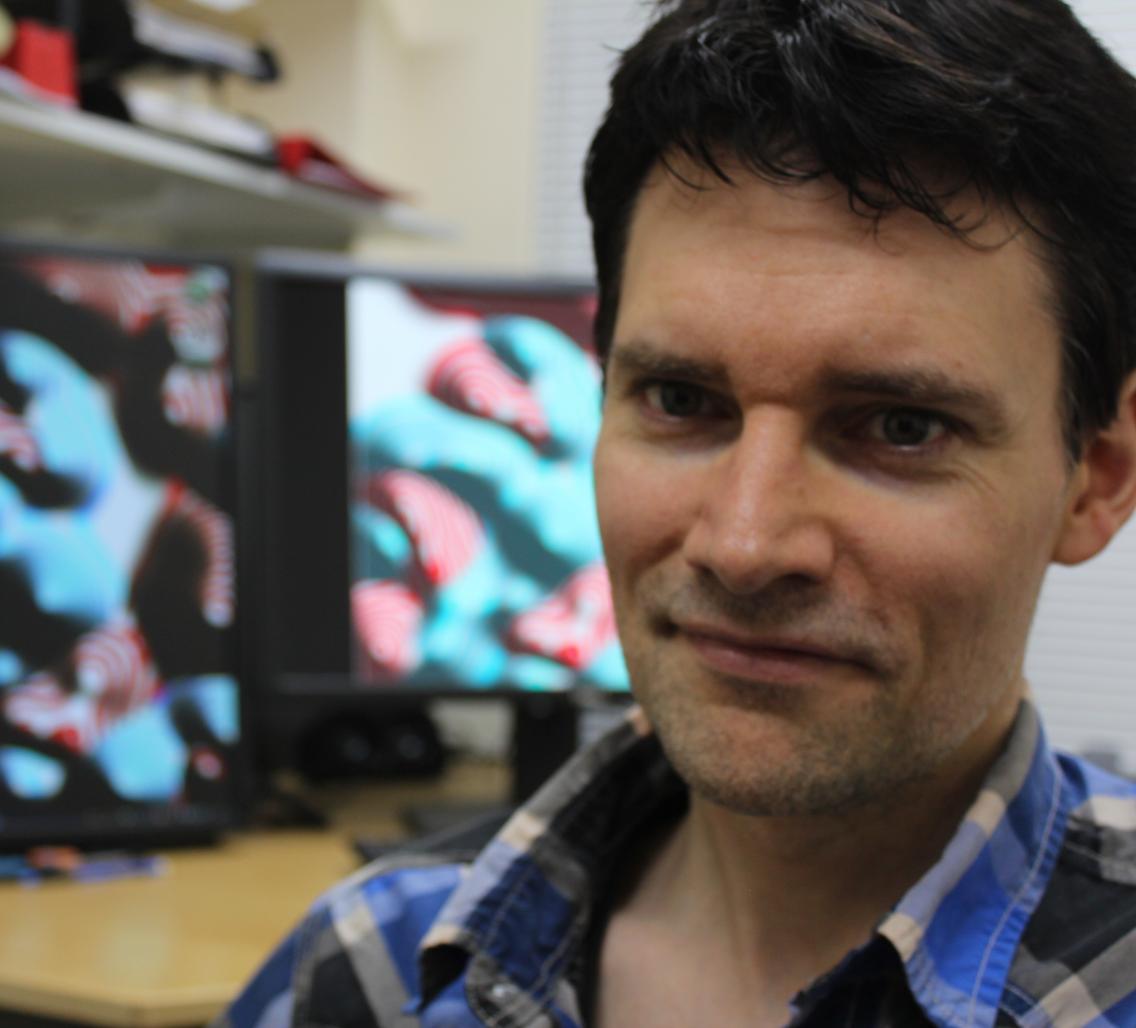Event Details:

Nikolaus Kriegeskorte, PhD
Programme Leader, Memory and Perception Group
Cognition and Brain Sciences Unit
University of Cambridge
Deep neural networks: A new framework for modeling brain information processing
Abstract: Recent advances in neural network modeling have enabled major strides in computer vision and other artificial intelligence applications. Artificial neural networks are inspired by the brain and their computations could be implemented in biological neurons. Although designed with engineering goals, this technology provides the basis for tomorrow’s computational neuroscience. I will describe a framework for testing such models with massively multivariate brain-activity data. In order to compare representations between brains and models, we characterize the representational spaces by matrices of representational dissimilarities among stimuli. Deep convolutional neural nets trained for visual object recognition have internal representational spaces remarkably similar to those of the human and monkey ventral visual pathway. Modern neural net technology puts an expanding array of complex cognitive tasks within our computational reach. We are entering an exciting new era, in which we will be able to build neurobiologically faithful feedforward and recurrent computational models of how biological brains perform high-level feats of intelligence.
Bio: Nikolaus Kriegeskorte is a brain scientist who studies visual object recognition using computational models and massively multivariate measurements of brain activity. His neuroscientific contributions include characterizing the inferior temporal representational space in humans and monkeys and modeling this representation with deep convolutional networks. He introduced two widely used statistical analysis techniques for brain-imaging data: information-based searchlight mapping and representational similarity analysis. He has drawn the field’s attention to statistical circularities that were widespread in systems neuroscience and helped the field address this methodological challenge. He has been an activist for reform of the scientific publication system, favouring open evaluation – an entirely transparent system for post-publication peer review. With Diana Deca, he edited a collection of visions for the future of scientific publishing in Frontiers in Computational Neuroscience.
Dr. Kriegeskorte is a Programme Leader at the Medical Research Council's Cognition and Brain Sciences Unit in Cambridge, UK. With a background in psychology and computer science, he did his thesis research at the Frankfurt Max Planck Institute for Brain Research and Maastricht University, and worked as a postdoctoral fellow at the University of Minnesota and at the National Institutes of Mental Health. He is funded by a tenured position at the Medical Research Council and has received a European Research Council Starting Grant and a Wellcome Trust project grant. He is on the Council and Programme Committee of the Organisation for Human Brain Mapping and currently serves as Education Chair for the organisation.